
Inside the Box
A Proven System of Creativity for Breakthrough Results
ISBN: 9781846686245
Pages: 242
Recommendation
Authors Drew Boyd and Jacob Goldenberg explain that their title refers to their rejection of the idea that creativity comes from thinking outside the box – as the cliché goes. They clearly enjoy systematically demolishing misconceptions about creativity. They demonstrate that you can become systematically, practically, functionally creative. Their explanations are clear, and they include numerous, convincing real-world examples of new ideas and innovations to illustrate their techniques. If you’ve ever come away from a brainstorming session excited by the experience, and reviewed your notes only to realize that no one generated any new ideas, then step inside this readable, inspiring box. getAbstract recommends Boyd and Goldenberg’s manual to a broad audience, but especially to innovators and to those interested in creativity and psychology.
Summary
About the Authors
Drew Boyd directs the Master of Science in Marketing Program at the University of Cincinnati. Jacob Goldenberg, editor of the International Journal of Research in Marketing, is a professor at Hebrew University of Jerusalem.








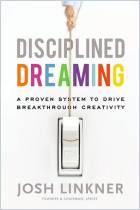
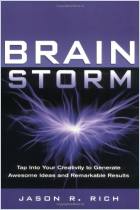
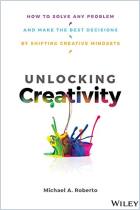
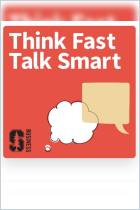
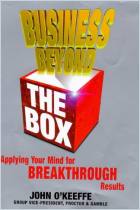
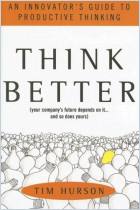




Comment on this summary or Iniciar a Discussão